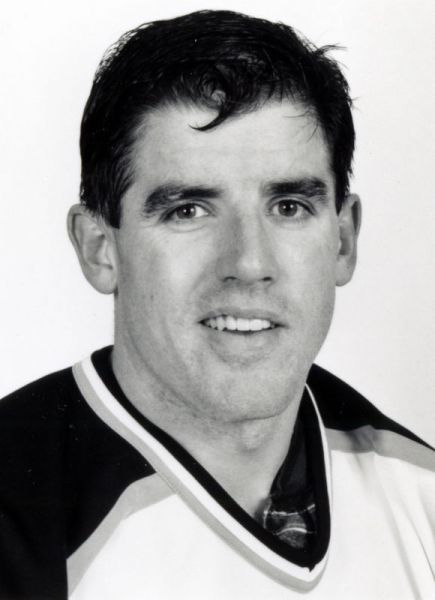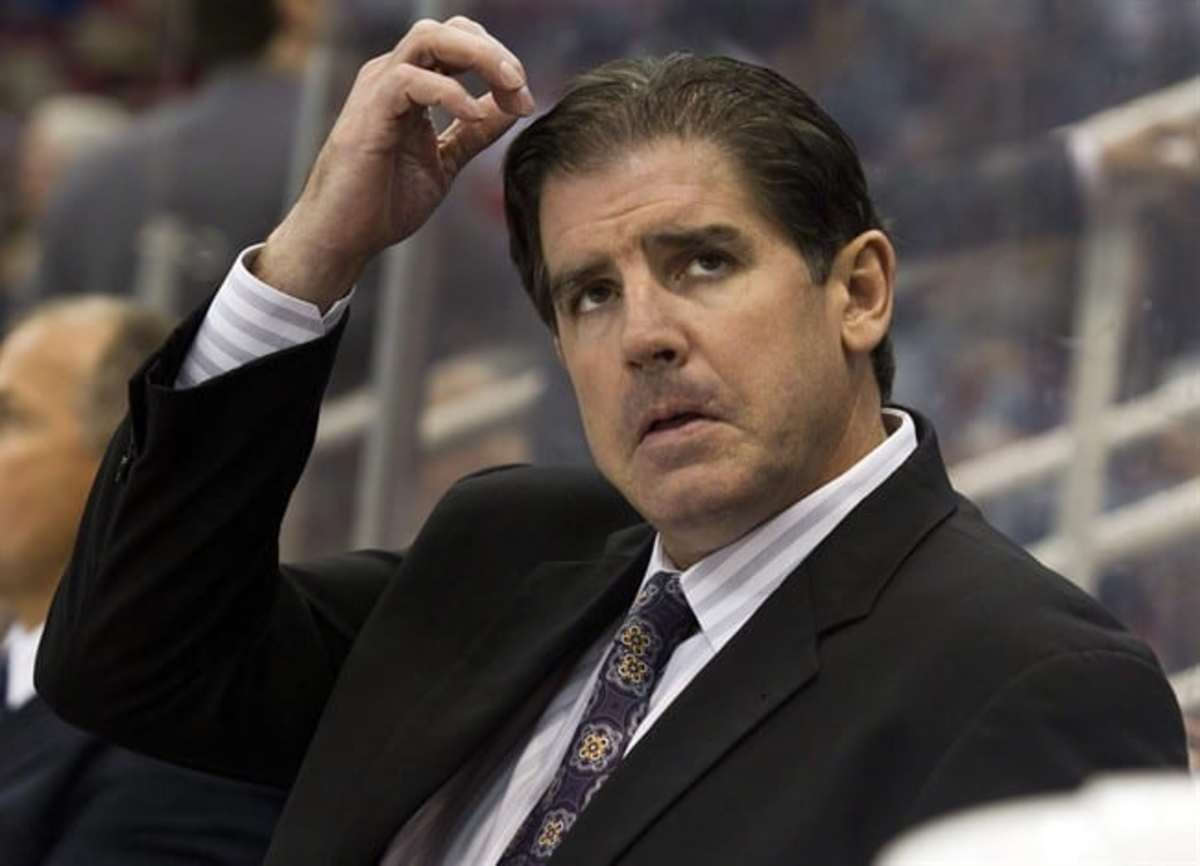Peter Laviolette is one of the most influential coaches in the National Hockey League (NHL), recognized for his innovative strategies and ability to adapt to the evolving landscape of professional hockey. With a coaching career spanning over two decades, Laviolette has led teams to significant achievements, including a Stanley Cup championship. This article explores his impact on modern hockey strategies, highlighting key methodologies, philosophies, and case studies that have shaped the game today.
Early Career and Coaching Philosophy
Laviolette’s coaching journey began in the American Hockey League (AHL) before he made his mark in the NHL. His early experiences laid the foundation for his coaching philosophy, which emphasizes a blend of offense and defense, adaptability, and player empowerment. Some key aspects of Laviolette’s philosophy include:
- Emphasis on Offense: Laviolette’s teams are known for their aggressive offensive play, often utilizing a fast-paced style that pressures opponents.
- Defensive Structure: While focusing on offense, he also ensures that his teams maintain a solid defensive structure, often integrating a zone defense that adapts to the opponent’s strategies.
- Player Development: Laviolette believes in empowering players by fostering their individual skills, which enhances overall team performance.
- Adaptability: His ability to adjust tactics based on the strengths and weaknesses of his roster and the opposing teams is a hallmark of his coaching style.
Innovative Strategies in Action

Laviolette’s impact on modern hockey can be observed through various strategies that he has implemented throughout his coaching career. Here are a few noteworthy examples:
1. The 1-2-2 Forecheck
One of Laviolette’s most notable strategies is the implementation of the 1-2-2 forecheck. This approach involves one forward applying pressure on the puck carrier, while two forwards form a second layer of support, and the defensemen remain ready to counter any breakout attempts.
- Benefits: This strategy effectively disrupts the opponent’s breakout and forces turnovers in the neutral zone.
- Example: During his tenure with the Carolina Hurricanes, Laviolette utilized this forecheck to lead the team to a Stanley Cup victory in 2006.
2. Aggressive Power Play Tactics

Laviolette has consistently emphasized the importance of a potent power play, often employing unique formations to maximize scoring opportunities. His teams frequently utilize a 1-3-1 formation, which spaces out players effectively and creates multiple shooting lanes.
- Statistics: Under Laviolette’s leadership, the Philadelphia Flyers boasted one of the top power plays in the NHL, often ranking in the top five for power play efficiency.
- Case Study: In the 2010 playoffs, the Flyers’ power play was instrumental in their run to the Stanley Cup Finals, showcasing the effectiveness of Laviolette’s strategies.
3. Adaptive Defensive Systems
Modern hockey requires teams to be versatile defensively, and Laviolette’s coaching reflects this need. He often shifts between man-to-man coverage and zone defense based on the situation, allowing his teams to stay unpredictable.
- Example: During his time with the Nashville Predators, Laviolette’s defensive adjustments were critical during the team’s 2017 run to the Stanley Cup Finals.
- Impact: Teams that adopt a flexible defensive strategy can better counteract the diverse offensive styles present in the NHL today.
Case Studies: Success Stories Under Laviolette
To fully appreciate Laviolette’s impact, it is essential to examine the success stories of the teams he has coached. These case studies illustrate how his strategies have translated into tangible results.
Carolina Hurricanes: A Championship Victory
In 2006, Laviolette led the Carolina Hurricanes to their first Stanley Cup championship. His ability to mesh a diverse roster of players, including Eric Staal and Rod Brind’Amour, was pivotal.
- Key Strategy: The Hurricanes employed an aggressive forecheck combined with a disciplined defensive approach that overwhelmed their opponents.
- Result: The team’s successful execution of Laviolette’s strategies culminated in a memorable playoff run, showcasing his effectiveness as a coach.
Philadelphia Flyers: The 2010 Playoff Run

Another significant achievement came during Laviolette’s time with the Philadelphia Flyers. In 2010, the Flyers made an improbable playoff run, reaching the Stanley Cup Finals.
- Key Tactical Shift: After a mid-season slump, Laviolette shifted the team’s approach, emphasizing a more aggressive style of play that reinvigorated the roster.
- Outcome: The Flyers became known for their resilience, taking the Chicago Blackhawks to six games in the Finals.
Nashville Predators: A New Era

Laviolette’s tenure with the Nashville Predators marked a significant turning point for the franchise, culminating in a trip to the Stanley Cup Finals in 2017.
- Defensive Transformation: He transformed the Predators’ defense, utilizing players like Roman Josi and P.K. Subban effectively within his system.
- Statistics: The Predators’ defense ranked among the league’s best, showcasing Laviolette’s ability to adapt and implement successful strategies.
The Legacy of Peter Laviolette
As of 2023, Peter Laviolette continues to be a significant figure in the NHL, coaching the New York Rangers. His legacy is cemented not only through his accomplishments but also through the lasting impact he has had on coaching methodologies within the league.
Key takeaways from Laviolette’s impact on modern hockey strategies include:
- Innovative Forechecking: His implementation of the 1-2-2 forecheck has influenced many teams to adopt similar strategies.
- Dynamic Power Plays: Laviolette’s aggressive power play tactics have set a benchmark for offensive plays in the league.
- Adaptable Defensive Systems: His flexibility in defensive strategies has encouraged other coaches to rethink traditional approaches.
Peter Laviolette’s influence on modern hockey strategies is undeniable. Through his innovative approaches, he has reshaped how teams play the game, emphasizing the balance between offense and defense. His successful coaching career, marked by significant achievements and adaptive strategies, serves as a model for aspiring coaches and teams aiming for success in the competitive landscape of the NHL. As the league continues to evolve, Laviolette’s strategies will undoubtedly leave a lasting imprint on the future of hockey.


